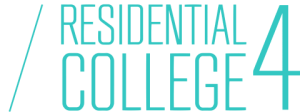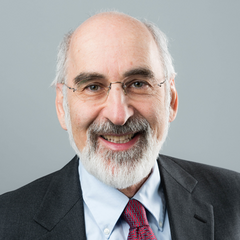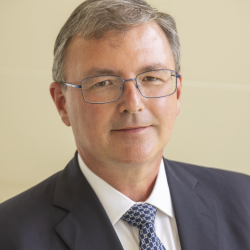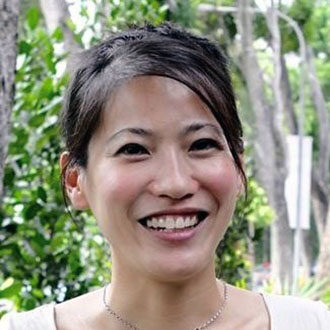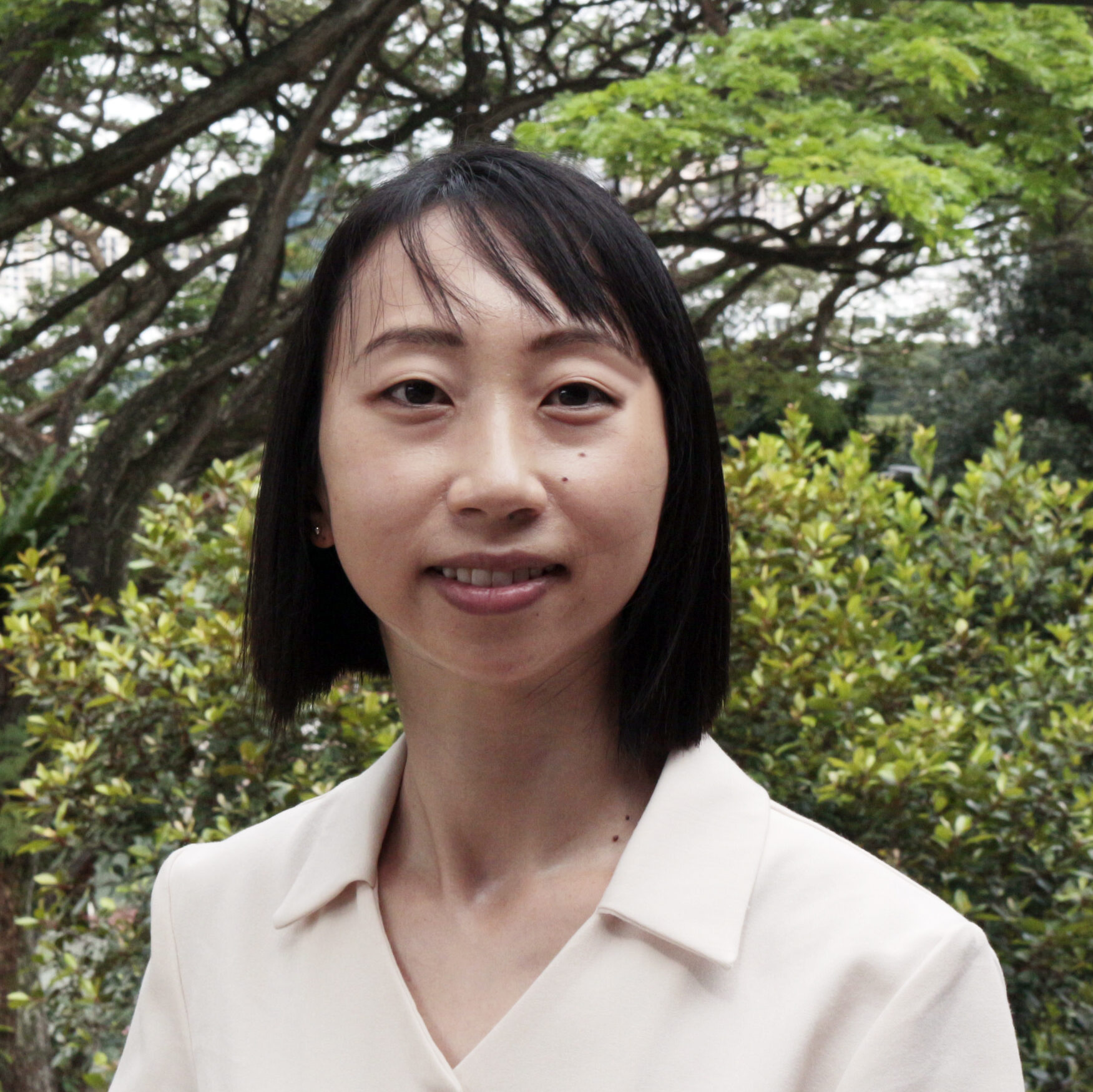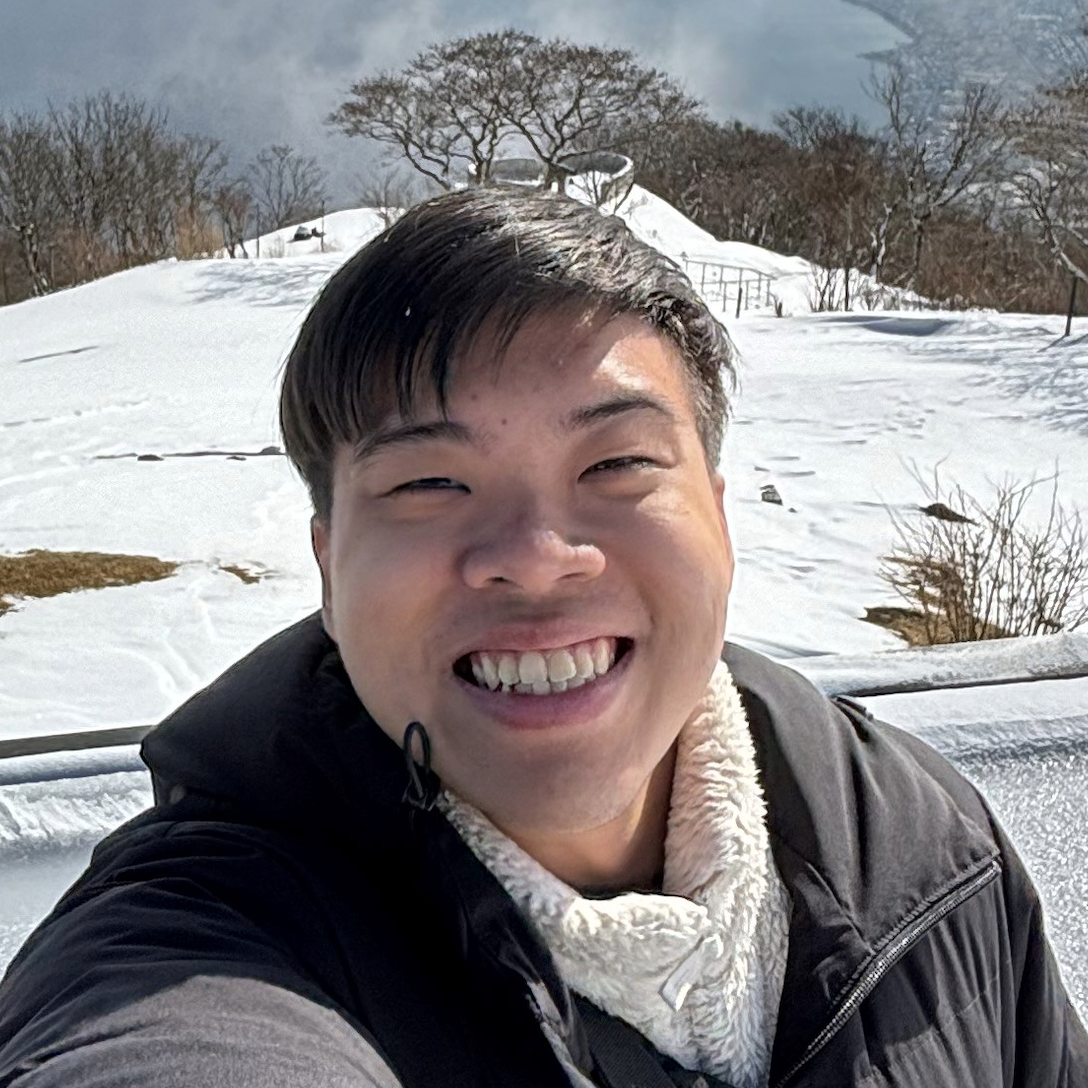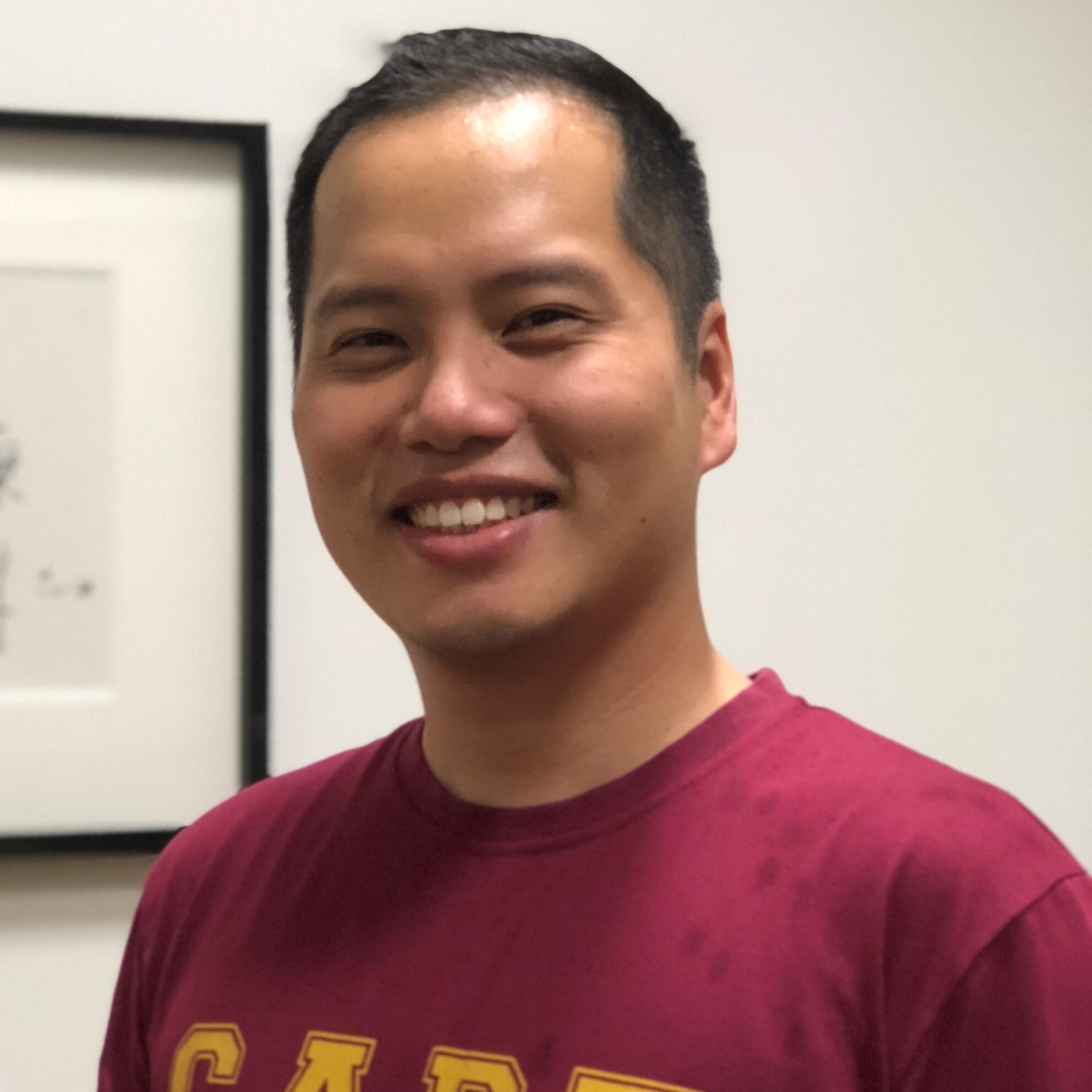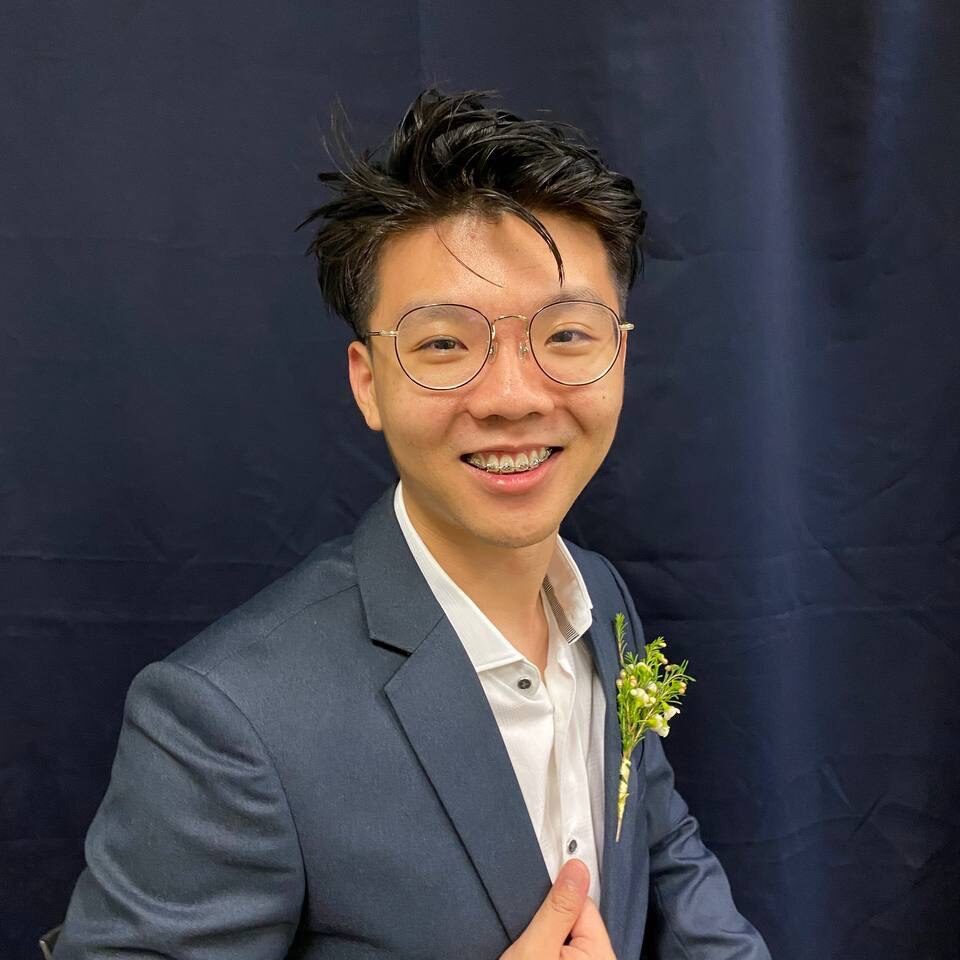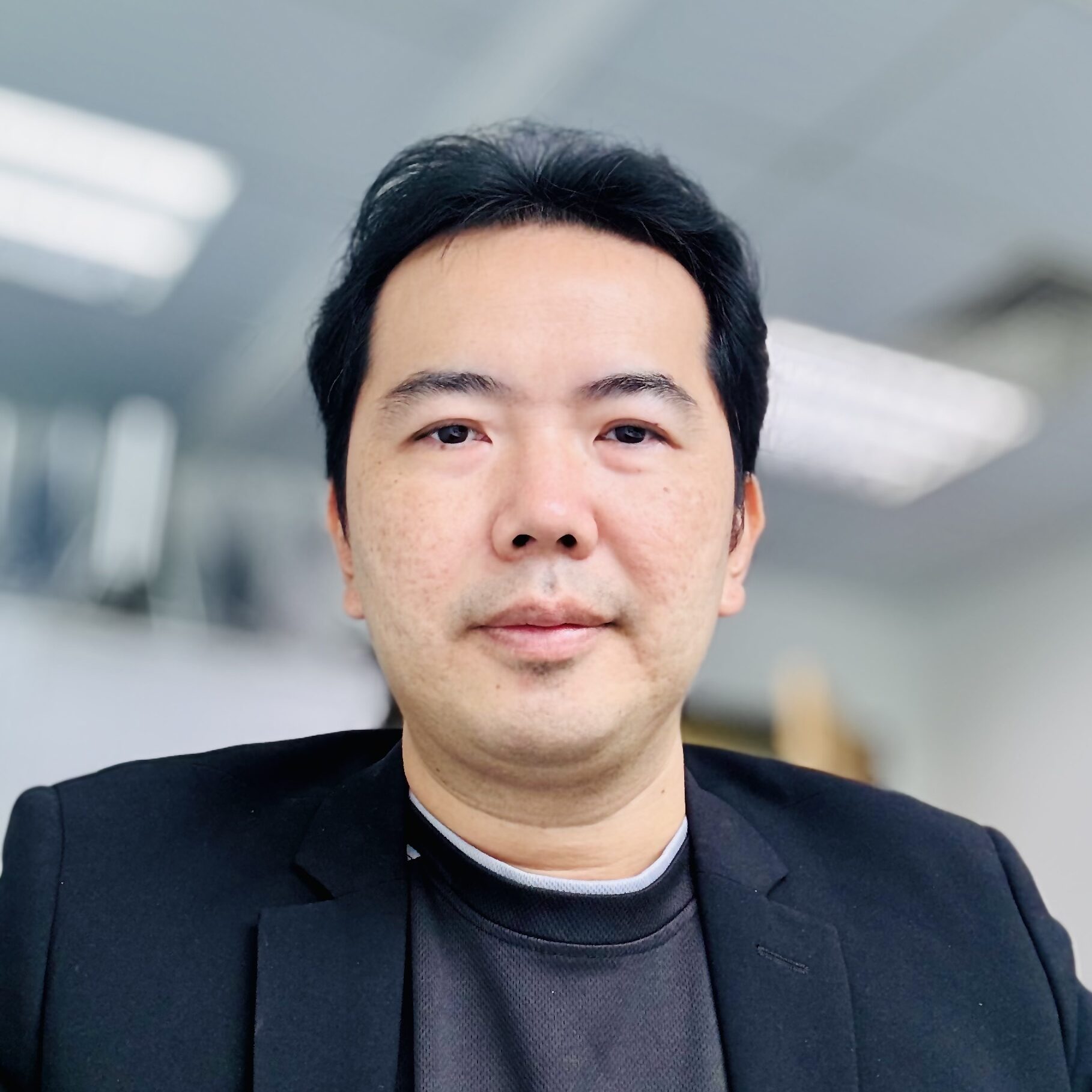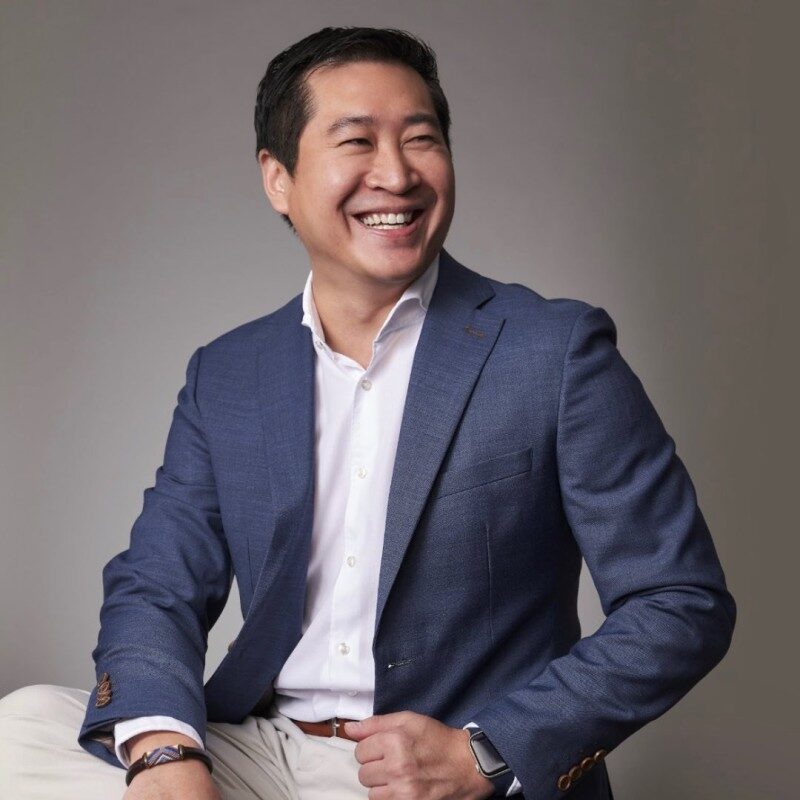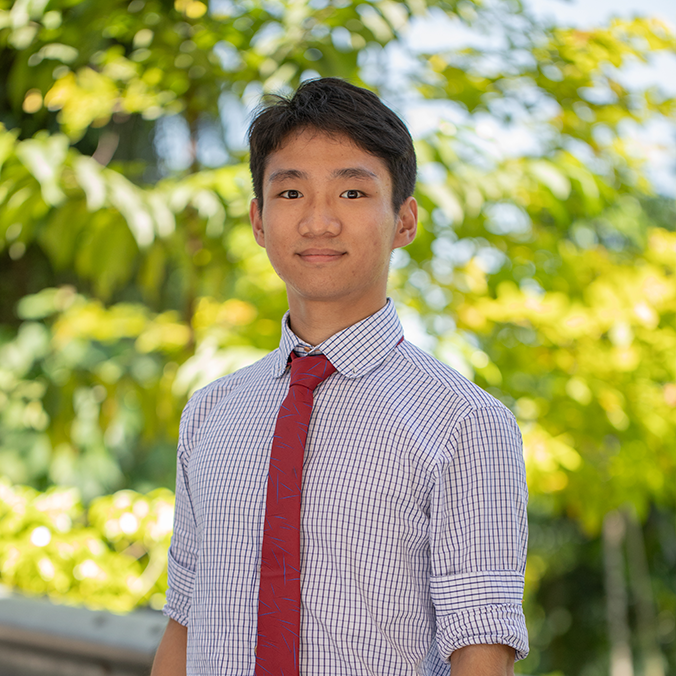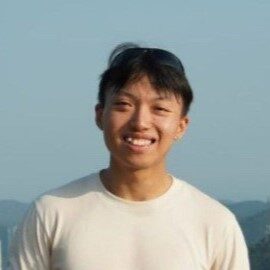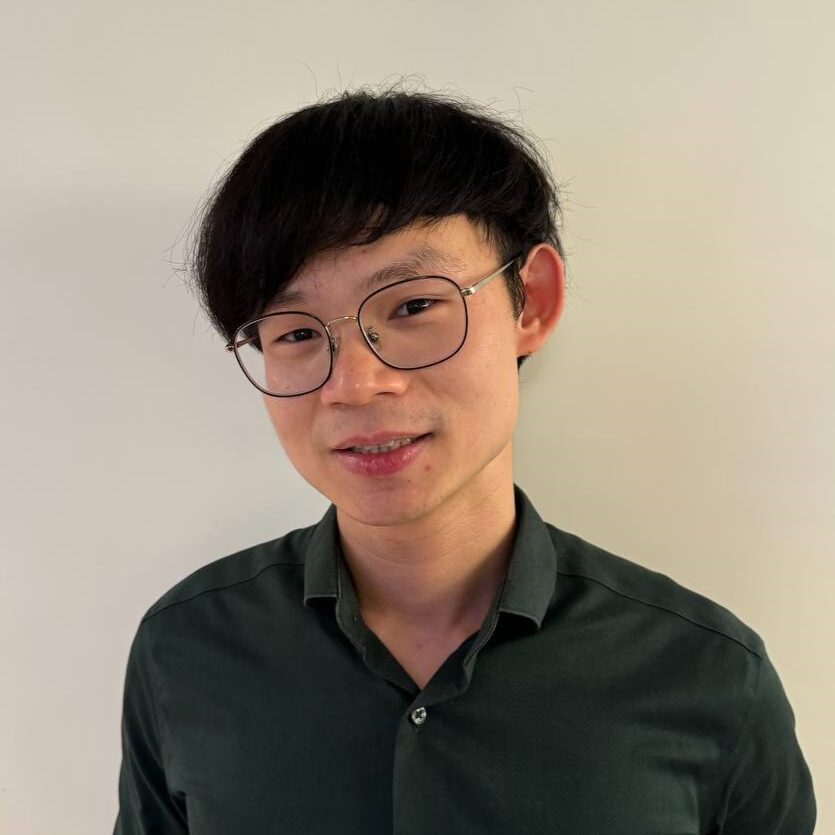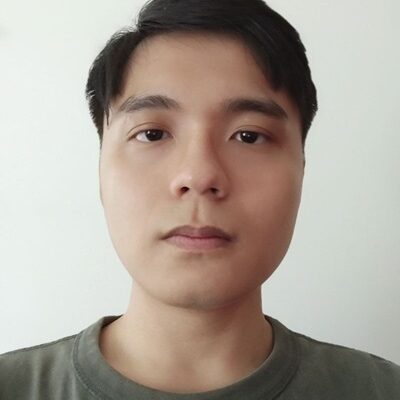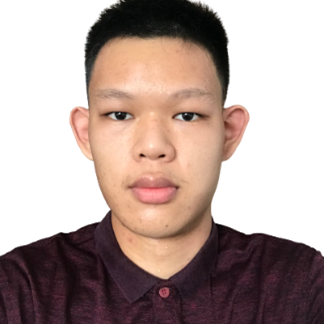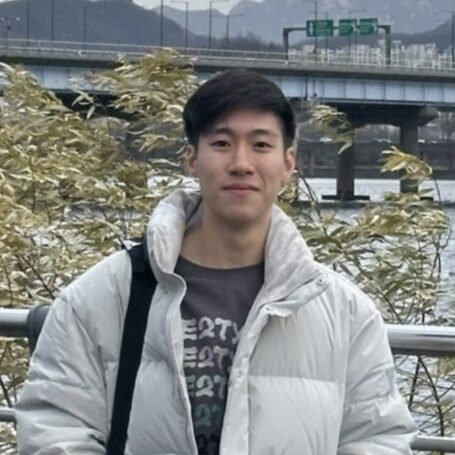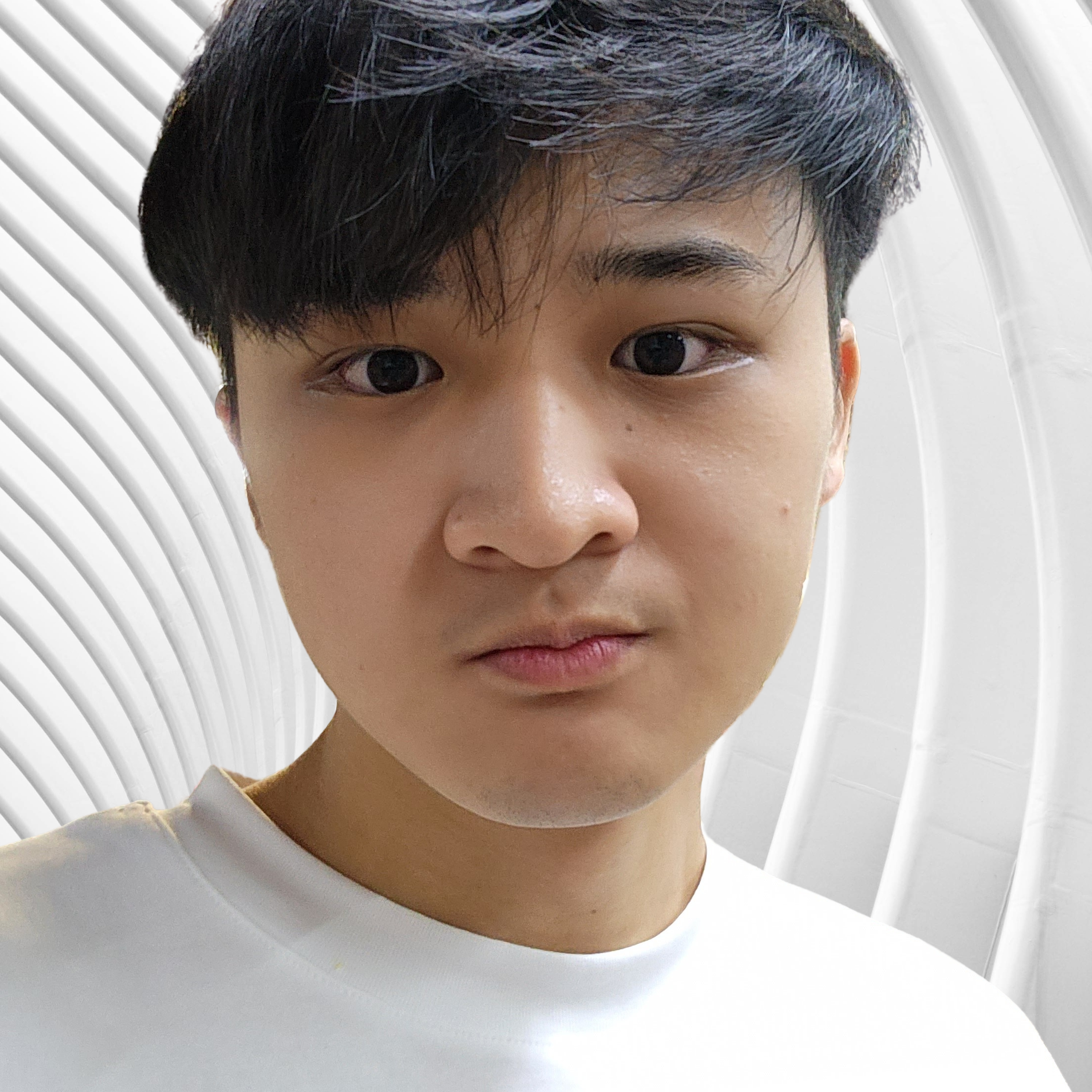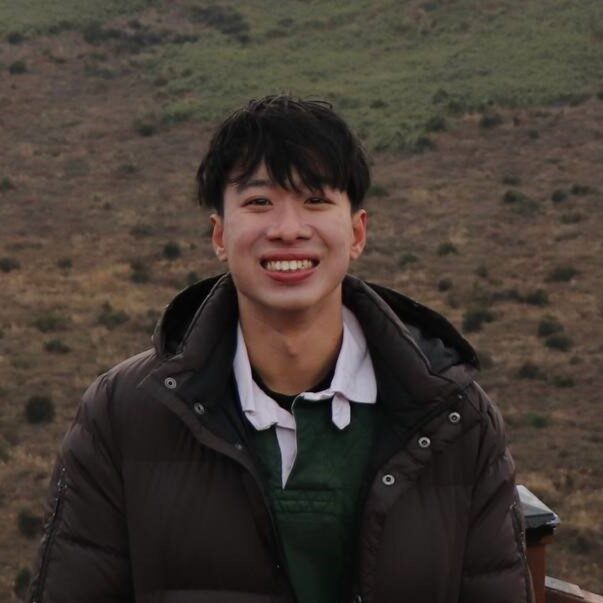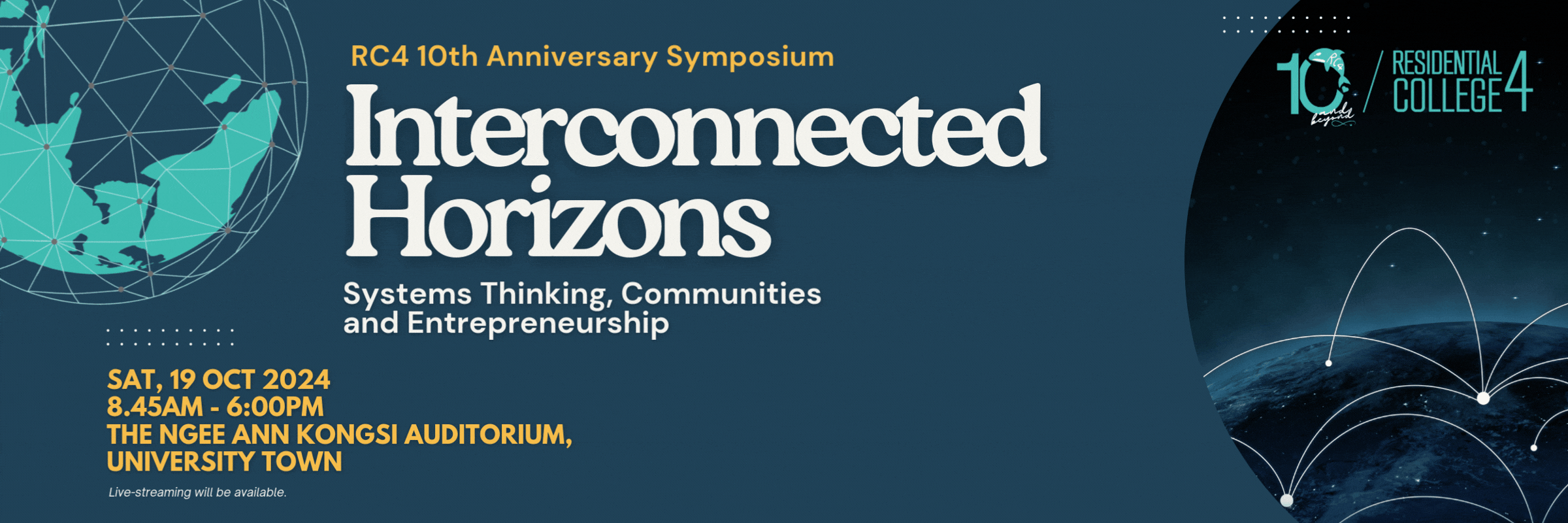
Join us for a day of insightful discussions, networking opportunities, and engagement with esteemed guest speakers from academia and industry.
The theme of this symposium, “Interconnected Horizons: Systems Thinking, Communities & Entrepreneurship,” embodies RC4’s mission to cultivate generations of leaders who drive change in a complex world.
The symposium will feature four dynamic panels highlighting the key pillars of the college:
• Policy Making for the 21st Century
• Communities & Engagement
• Technology, Innovation & Entrepreneurship
• Student Papers
Guided by Systems Thinking as our overarching philosophy, these panel sessions aim to bridge theory and practice, creating meaningful learning experiences both inside and outside the classroom.
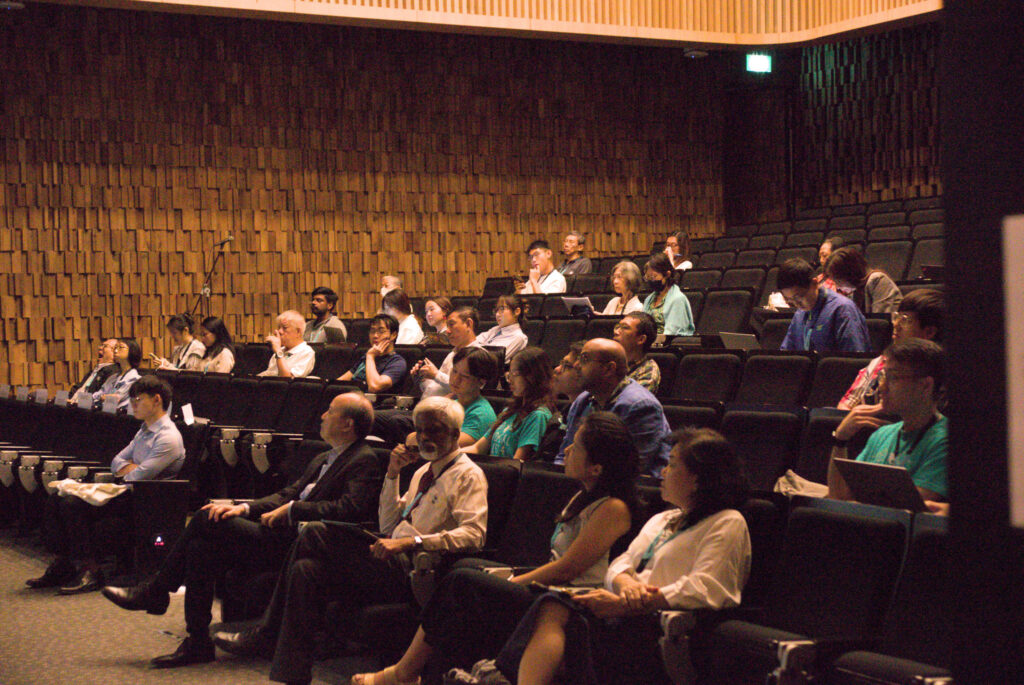
From its humble pilot years to RC4's 10th Anniversary Symposium - RC4 Fellow, Associate Professor Chng Huang Hoon, reflects on the 10 years of growth and impact in this heartfelt reflection.
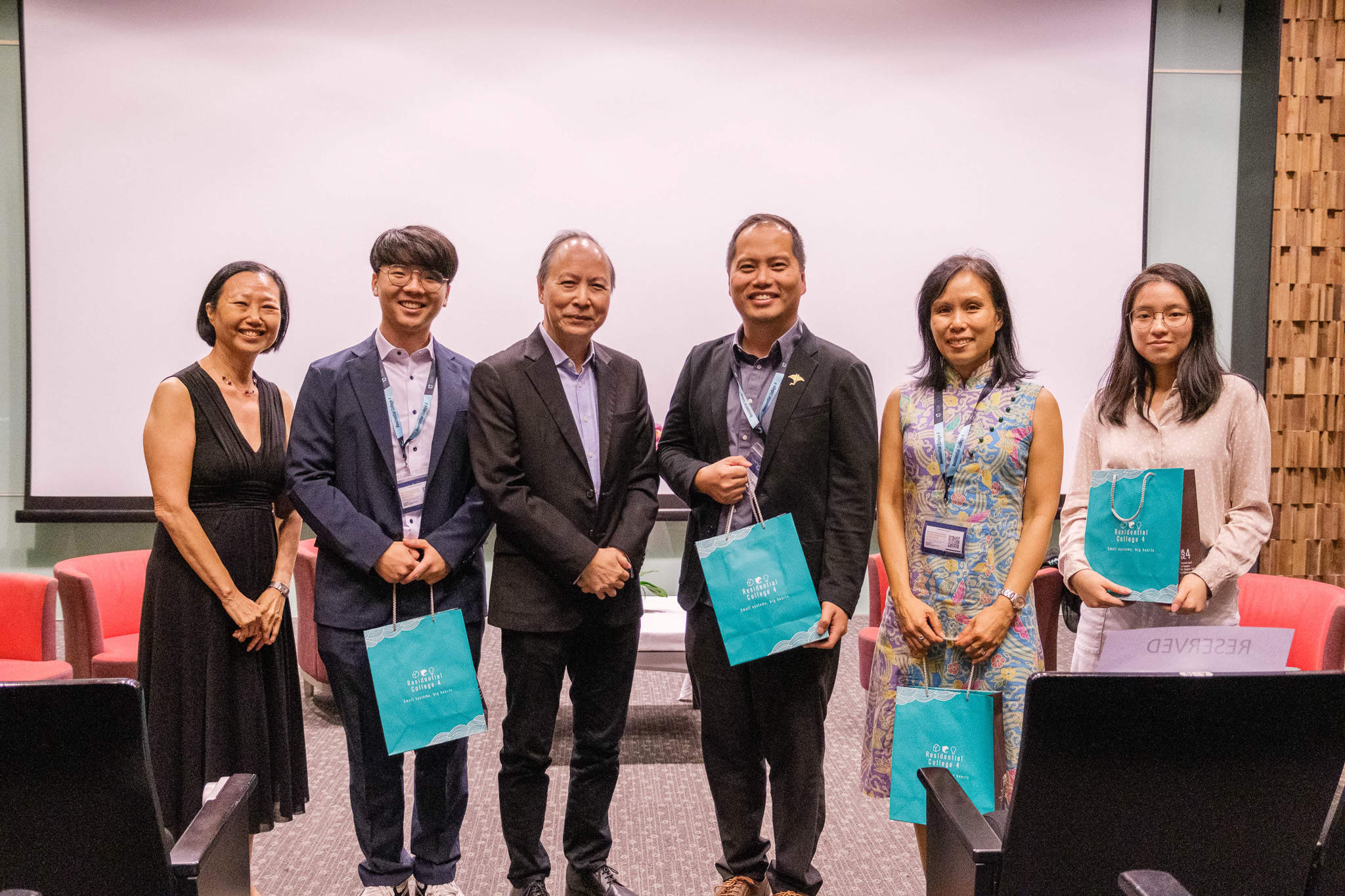
Residential College 4 hosted the symposium "Interconnected Horizons" bringing together leading thinkers and practitioners to explore the transformative potential of systems thinking. Featuring RC4 students, alumni and leaders in systems thinking, the symposium aimed to highlight the importance of interdisciplinary approaches in addressing complex societal challenges and fostering community engagement.
Event Agenda
| Time | Event |
|---|---|
| 8:15 | Registration |
| 8:45 | Opening by Assoc. Prof. Peter Pang (Master, RC4) |
| 9:00 | Plenary 1: Professor John Sterman* |
| 10:00 | Plenary 2: Professor Peter Hovmand* |
| 11:00 | Tea Break |
| 11:30 | Panel: Policymaking for the 21st Century |
| 12:30 | Lunch |
| 13:30 | Panel: Technology, Innovation & Entrepreneurship |
| 14:30 | Panel: Student Papers |
| 15:30 | Panel: Communities & Engagement |
| 16:30 | Networking Session with Refreshments |
*The plenary speakers will connect virtually and engage with the audience in the auditorium live.
Attend insightful plenary talks by internationally renowned leaders in Systems Thinking and System Dynamics, network with academic and industry experts, and learn from the 4 dynamic panels connecting theory to real-world application.
Lunch and light refreshments will be provided for registered participants.
Plenary Talks
System Dynamics: Innovating for Impact in a Complex World
Congratulations to NUS RC4 on its 10th anniversary!
On this anniversary, your focus on systems thinking and system dynamics is needed more than ever. Why? Today humanity faces grave threats arising from our mismanagement of increasingly complex systems we, collectively, have created. Fortunately, progress in system dynamics, the natural and social sciences, computing, and other modeling disciplines enable us to build reliable, useful knowledge of complex systems. How can we build on those innovations to improve the science and practice of system dynamics? How can we help leaders in government, business, civil society, education, and every aspect of society—and the public at large—develop their systems thinking capabilities? How can we not only create new knowledge but use it to make a difference in the world? I’ll share a few examples and ask you to join in the exciting work ahead.
Community-Based System Dynamics in an Era of Artificial Intelligence/Machine Learning: Thick Data, Thin Description
Community engaged system dynamics including group model building, participatory system dynamics, and computer mediated modeling have gained interest as a potential way to address the problem of bias due to limited awareness of societal context in artificial intelligence/machine learning (AI/ML) models. Systems thinking and participatory methods such as group model building generate causal maps of a problem or issue that can be used to better understand the relationships of numeric and text data.
While causal maps and other forms of causal structures elicited during group model building represent “thick data” to AI/ML developers, their interpretation varies by the approach to participation. This talk reviews some of the key differences and highlights Community Based System Dynamics as a way to develop “thin descriptions” of social phenomena.
Panel: Policy making for the 21st century
Encountering policy challenges: from the classroom to the field
Bernise will share her journey from youth activism to founding Zeroth Labs, a systems research lab addressing complex societal challenges. Drawing from her work with UN agencies, the Singapore government, and others, she will share her efforts to use a mix of methods including complexity science, systems thinking, anthropology, design and others to inform interventions in countries at various stages of development.
Discourse of Future’s Thinking
How can higher education play a role in cultivating thinkers who are capable of engaging with real-world issues with policy implications, and what role could research play in inspiring future-oriented analysis for policymaking and policy education? In this sharing, I apply environmental sustainability problems as a case-in-point given its “wicked” qualities. Specifically, I explore and explain how the strategic use of future-oriented research and educational activities in the realm of environmental sustainability, can respectively, stimulate useful ideas for policy-making and equip young adults with the competencies to contribute to problem-solving more effectively, as citizens and/or in other capacities.
Student led research initiatives within RC4 STEER Himalaya
In this talk, Qing Heng will delve into how the RC4's Study Trip for Engagement and Enrichment (STEER) examined the interconnectedness of rural livelihoods, natural resources, and migration in the Kumaon hills of the Western Himalaya in India. The presentation will demonstrate how students, local stakeholders, and educators worked together to use participatory systems modeling to unpack topics such as remittances from migration, the diversification of livelihoods through initiatives such as nature-based livelihoods, and the access to and benefits of policy. This ongoing work has helped identify gaps in policy and the needs for community resilience in a vulnerable region like the Indian Himalayan Region.
Panel: Communities & Engagement
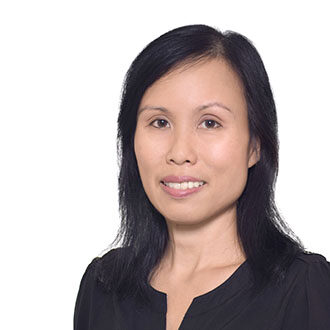
Dr. Lynette Tan
National University of Singapore
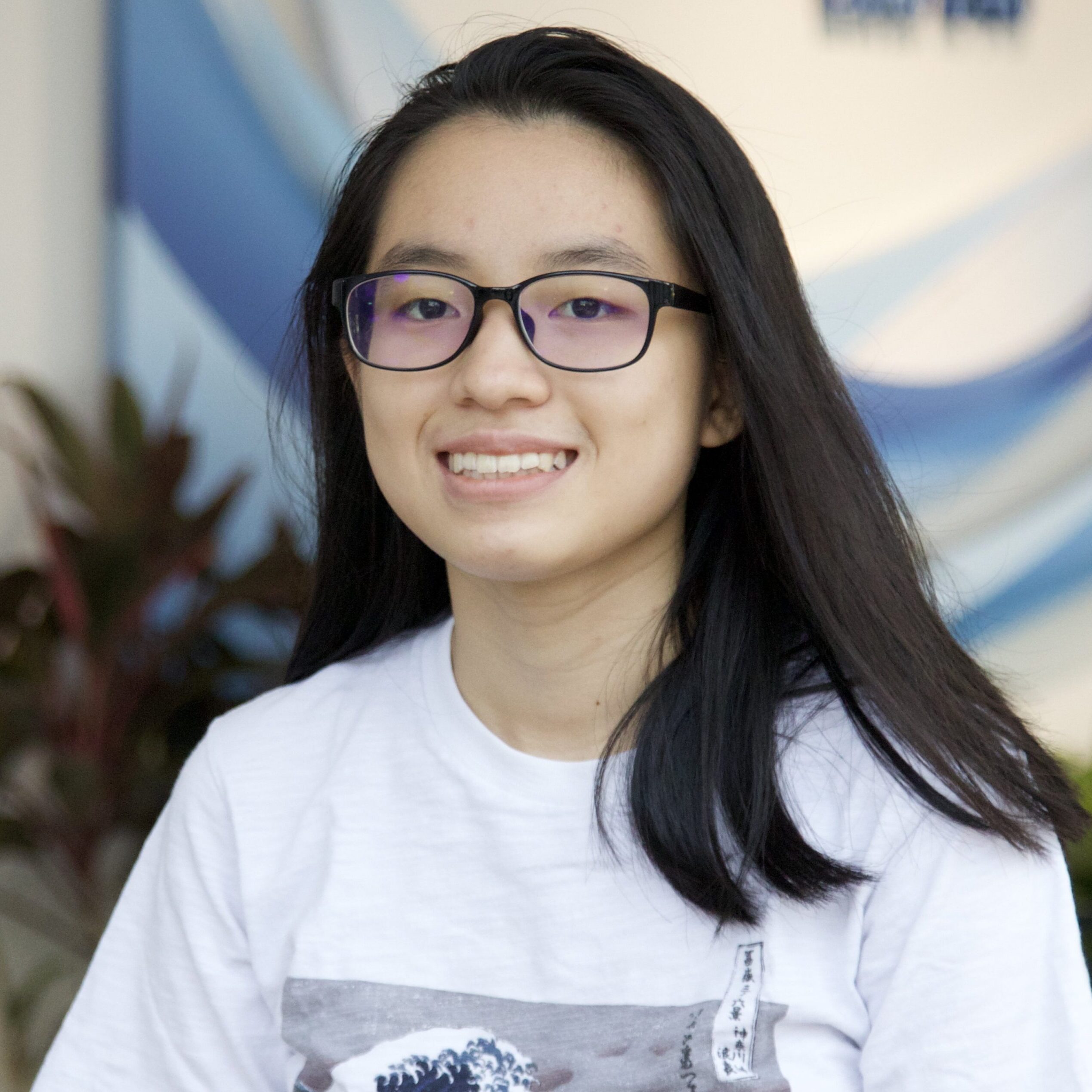
Martha H. Soetedjo
National University of Singapore
Systems and Networks: Building and Engaging Community
In 2026 Singapore’s population will attain “super-aged” status, the biggest social transformation facing this generation. Two new systems thinking and community engagement courses were launched at Residential College 4 in semester 2 of AY2023-2024 to facilitate learning for students to gain a deeper understanding of this pressing social issue. This talk explores teaching strategies over 7 inter-generational and tri-generational sessions, where 32 undergraduates met with 24 elders from FaithActs and Esther Active Ageing Centre, and 35 Secondary 2 students from Queenstown Secondary School, to co-create effective activities that promote healthy longevity – the aim of the Health District @ Queenstown.
Systems and Networks: Building and Engaging Community
In this panel, Tai Chong will share more about his work in community-based marine conservation. In particular, he will share his ongoing work with communities in Timor Leste through visuals and narratives. Using this case study, he will illustrate why engagement and systems thinking are important in marine conservation. Beyond these two pillars, he will also speak about integration of disciplines and experiences, and illustrate how these 3 pillars enable impactful work in the field. As an advocate of integrative learning, he will draw links to teaching and learning, and how educators can use this tool in their classrooms to create more impactful learning experiences for our students.
Systems and Networks: Building and Engaging Community
This talk will feature how Systems Thinking/System Dynamics, through Group Model Building (GMB), engaged RC4 communities to understand stress among university students. Through participatory workshops, diverse students collaborated to map out key stress factors and their complex interactions. Our collective model revealed three critical subsystems: Stress, Motivation, and Awareness. This approach deepened our understanding and provided insights into the dynamics of student stress. The insights from the model were further discussed with various stakeholders in the college and university, including student leaders, college management, and the Residential Wellness team. As a result, the project catalyzed important milestones in the mental wellness space of RC4, leading to the creation of a Peer Student Support group and a wellness space.
Panel: Technology, Innovation & Entrepreneurship
From Academia to Impact: The Journey of Knorex in AI-Powered Advertising
Justin Choo, the founder and CEO of Knorex, launched the company while working at the Data Mining labs, tackling Bioinformatics challenges, before scaling the company globally with the US now being its largest market. As a leader in AI-powered cross-channel advertising technology, Knorex’s award-winning platform, Knorex XPO, delivers real-time advertising capabilities to reach marketers’ desired audience across the Open Internet and Walled Gardens. Justin’s journey demonstrates how academic rigor, a tech-savvy mindset, strong community support, and an entrepreneurial spirit can turn ideas into an impactful businesses. Through grit and adaptability, Justin led his company to navigate through countless upheavals and the complexities of building a data-driven B2B enterprise software business, showcasing how education, creativity, and an innovative ecosystem can empower individuals to launch ventures that address real-world challenges, driving change in industries worldwide.
Bridging Gaps: Collaborating for Success in Impact Investing
By Leon Toh
Leon Toh will share his insights on the transformative role of impact investing in technology and social enterprises. Drawing from his extensive experience, he will discuss how aligning financial returns with positive social and environmental outcomes can drive meaningful change. Leon will explore strategies to bridge the gap between investors and entrepreneurs, highlighting the importance of mutual understanding and collaboration in fostering successful ventures. Additionally, he will emphasize the crucial role of education and community in cultivating entrepreneurial mindsets, inspiring the next generation to launch ventures that succeed commercially and contribute to societal well-being.
From RC4Space to Vilota: An Entrepreneurial Journey
By Cheng Huimin
In this engaging session, Cheng Huimin, founder of Vilota, will take us through his entrepreneurial journey, which began during his time at Residential College 4 (RC4). Starting with experiments in RC4Space, Huimin honed his skills in innovation and entrepreneurship, leading to the creation of Vilota, a venture driven by technology and creativity. He will share insights into the challenges he faced while transitioning from student experiments to building a deep-tech startup. Being immersed in RC4 community and activities for the whole undergraduate life, Huimin’s talk will offer valuable lessons on how an academic environment can serve as a launchpad for real-world entrepreneurial success.
Panel: Student Papers
Understanding Major Depressive Disorder Dynamics in Singapore Using a Systems Thinking/System Dynamics (ST/SD) Approach
This talk examines the prevalence of Major Depressive Disorder (MDD) in Singapore, utilizing a Systems Thinking/System Dynamics (ST/SD) approach to analyze causal factors and trends from 2000 to 2050. The model consists of population, depression, and stress sectors, identifying stress as a key factor influencing depression. Through sensitivity analysis, the research explores two primary policies: increasing workplace and familial support to reduce stress, and enhancing screening measures to identify undiagnosed cases. The combined policies show promising results in reducing depression rates, making this report a valuable guide for future preventive measures and policy implementations in Singapore.
Supervisor: Dr. Naviyn P. Balakrishnan
Understanding The Water-Energy-Food (WEF) Nexus Through Systems Thinking
As populations grow and economies scale increasingly, the world faces threats of resource scarcity. It is probably unrealistic to demand for the world to simply use less resources; people have to continue surviving and growing amidst competition. A symbiotic relationship between growth and preservation of resources should focus on optimisation and efficiency. Systems dynamics demonstrates great potential as an approach to understand how we can achieve balanced and optimal usage of our resources. Our project, 'Modelling the Water-Energy-Food Nexus', sought to appreciate the interconnectivity of Singapore's resources through systems modelling, and provide insights on future trends based on current data.
Supervisor: Dr. Bellam Sreenivasulu
Co-creation of course and game-based learning through research- Enabling disaster resilience education in RC4
Edwin and Ernest's collaborative research in RC4 assisted in re-design of a course, and design of tutorials and innovative pedagogical tools for it. Edwin’s research interests, stemming from participation in the course Thinking in Systems - Disaster Resilience, led to his self-learning project on Jakarta flood and publication in Landscape Architecture Frontiers. After this research, he assisted the instructor to redesign a course on Water Governance and helped the cohorts of the course in applying system dynamics to explore Jakarta flood issue. Ernest built on Edwin’s research by creating an Urban Flood Game that simulates flood management and response. This game, piloted with students and ASEAN Youth Volunteers, enhances understanding of flood systems. Moving forward, they plan to further test the game's pedagogical impact in fostering disaster resilience education.
Supervisor: Dr. Navarun Varma
Myanmar's 2021 Coup: Unravelling the Forces Driving a Nation Toward Near Collapse
The presentation explores the 2021 military coup in Myanmar and its role in pushing the country towards near collapse. Using a systems-thinking approach, it examines feedback loops of political instability, economic decline, and ethnic conflict, which were exacerbated by the coup. The study employs causal loop diagramming and portrays the Tatmadaw’s (Myanmar military) efforts to consolidate power, the resulting civil disobedience, economic downturn, and international isolation. To illustrate the collapse, theories of societal collapse, such as Jared Diamond’s framework, were drawn in, to highlight the interplay between environmental degradation and governance failures, leading to Myanmar's current state of near collapse.
Supervisor: Ms Elizabeth Ong
For any enquiries, please contact rc4@nus.edu.sg.

